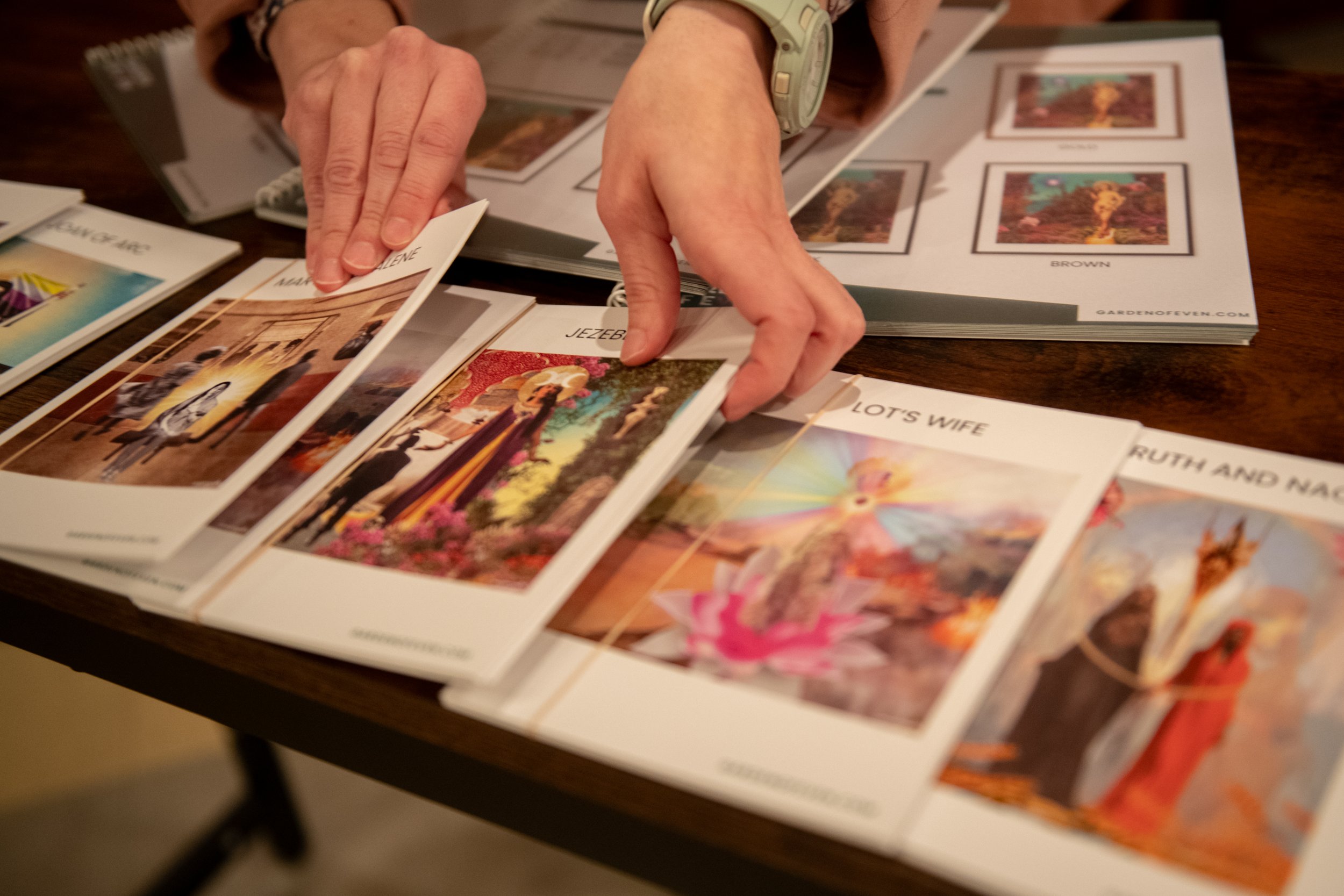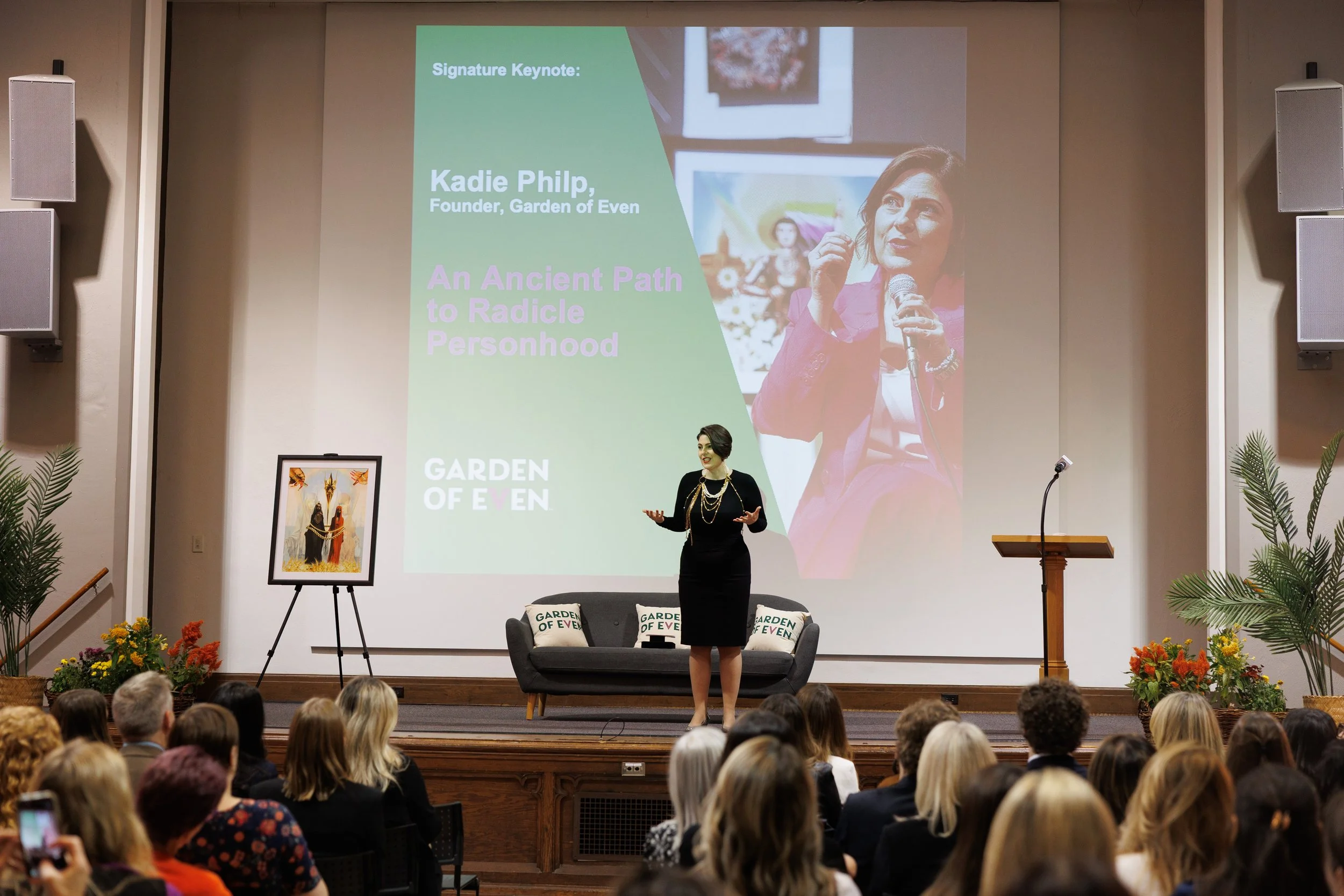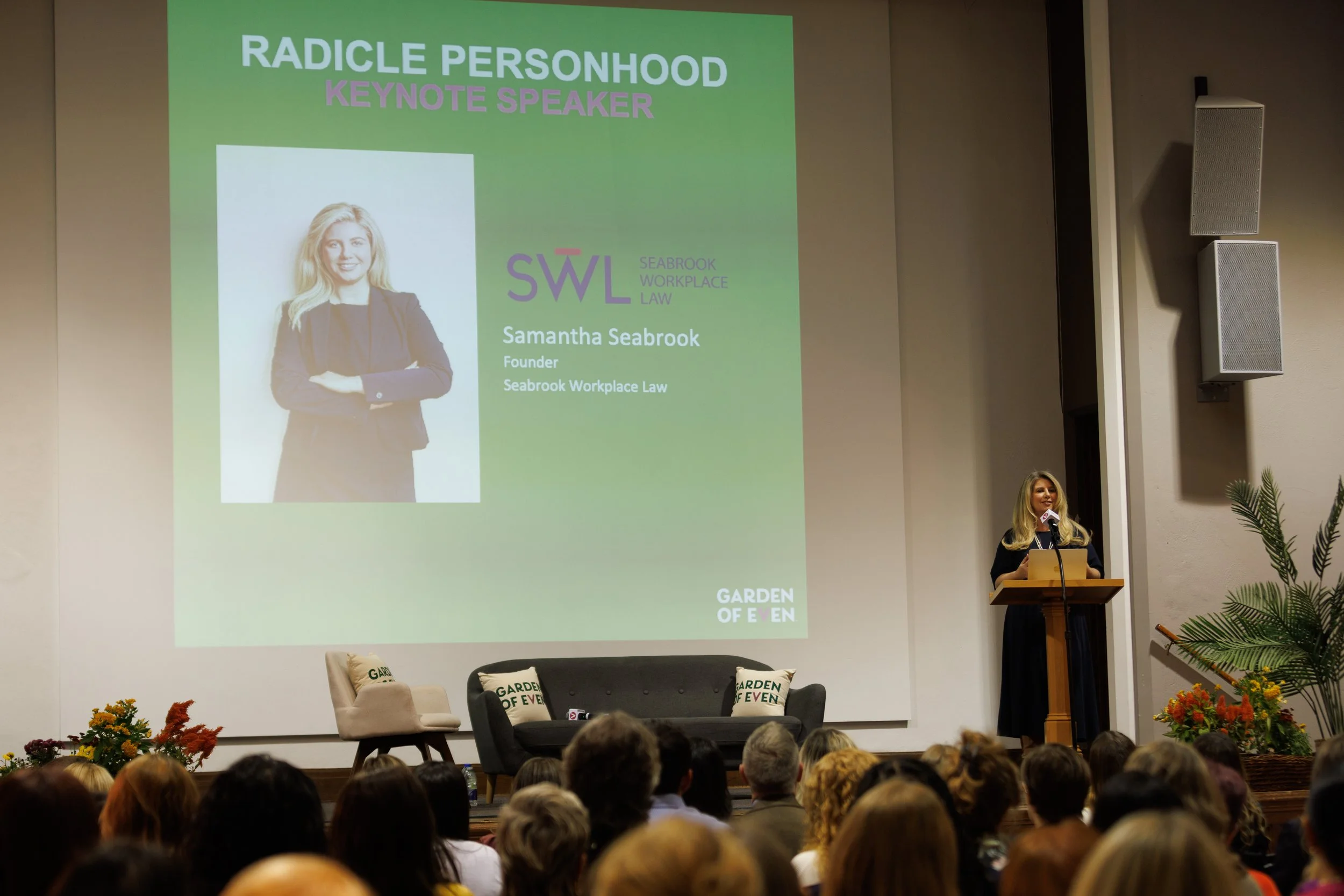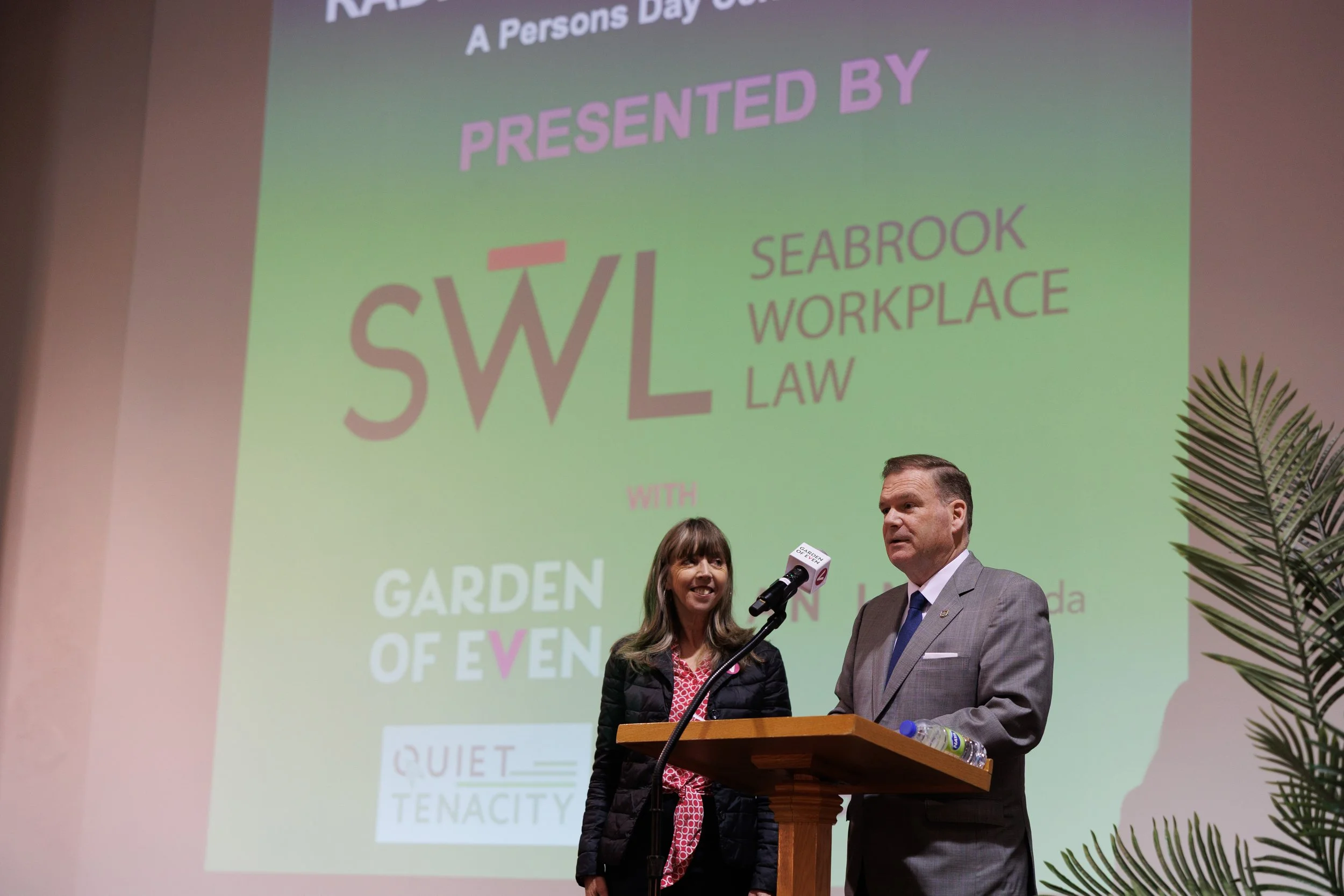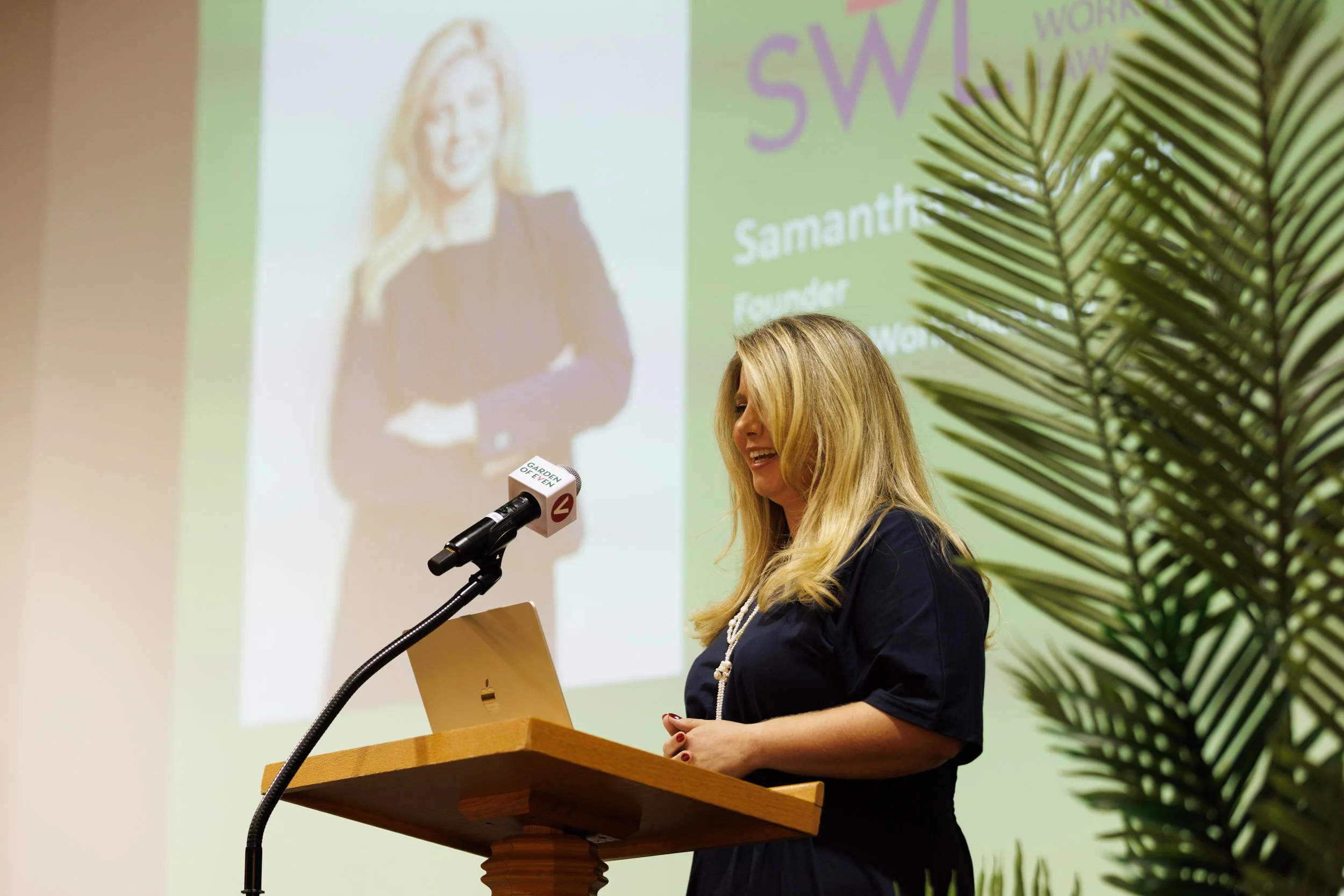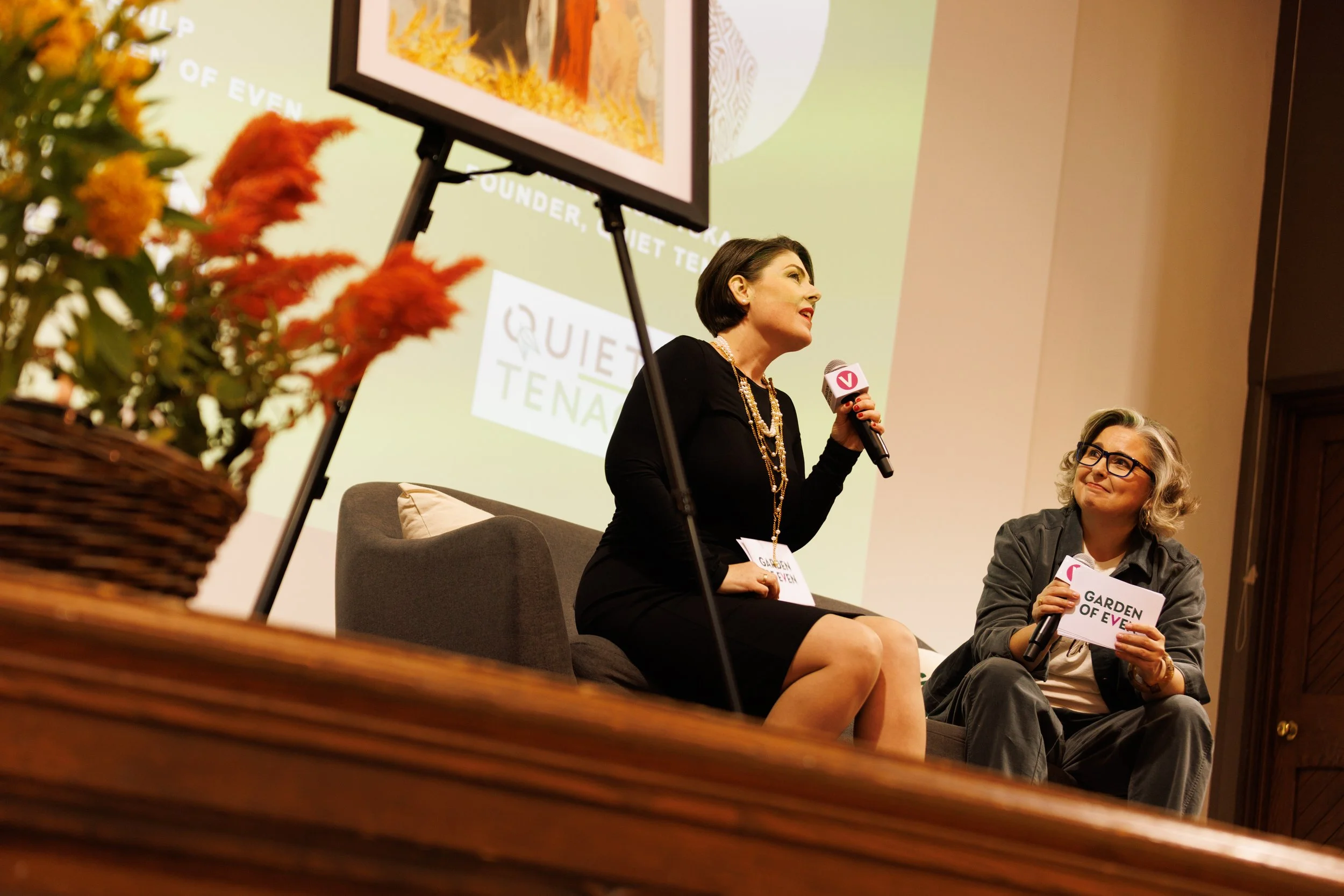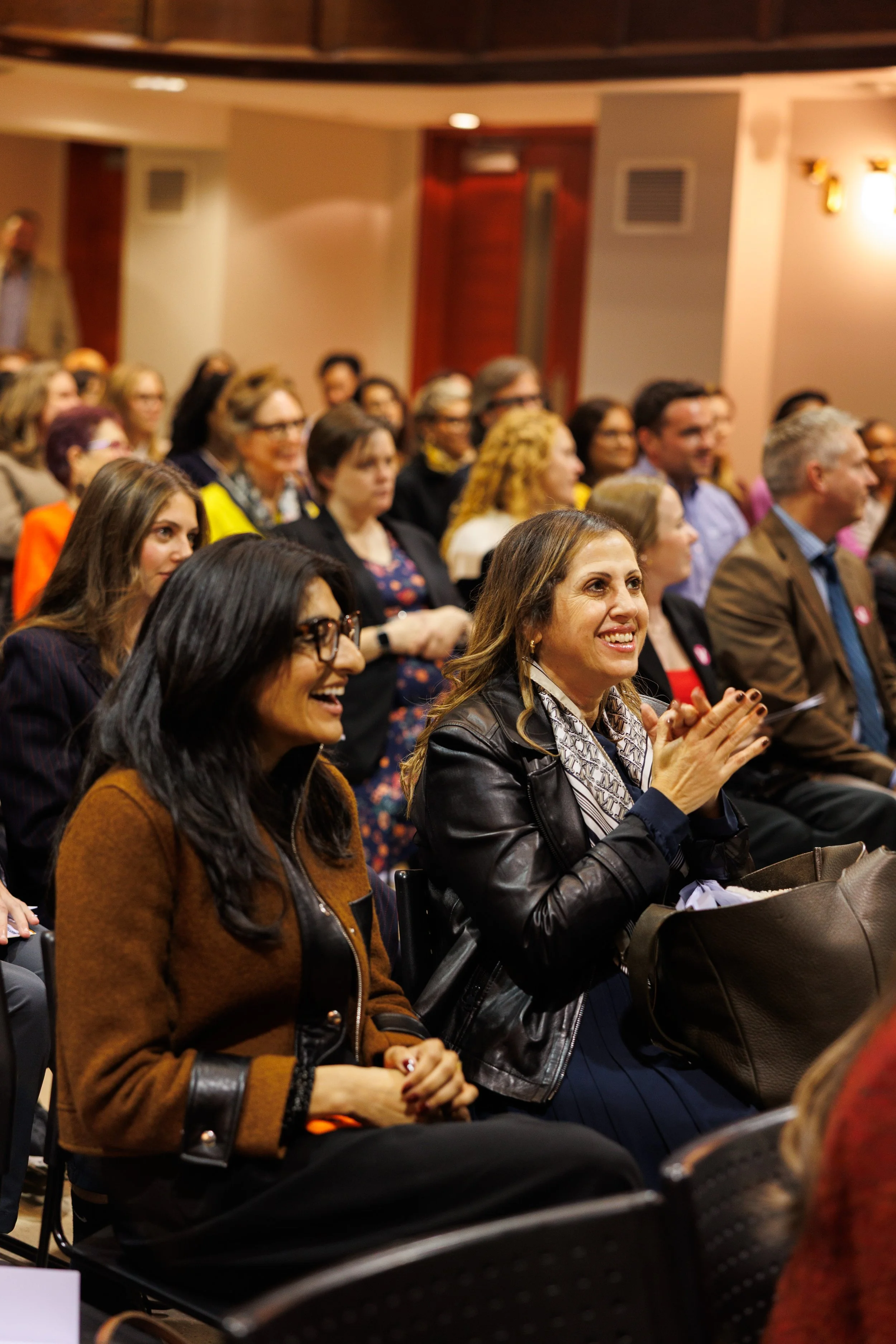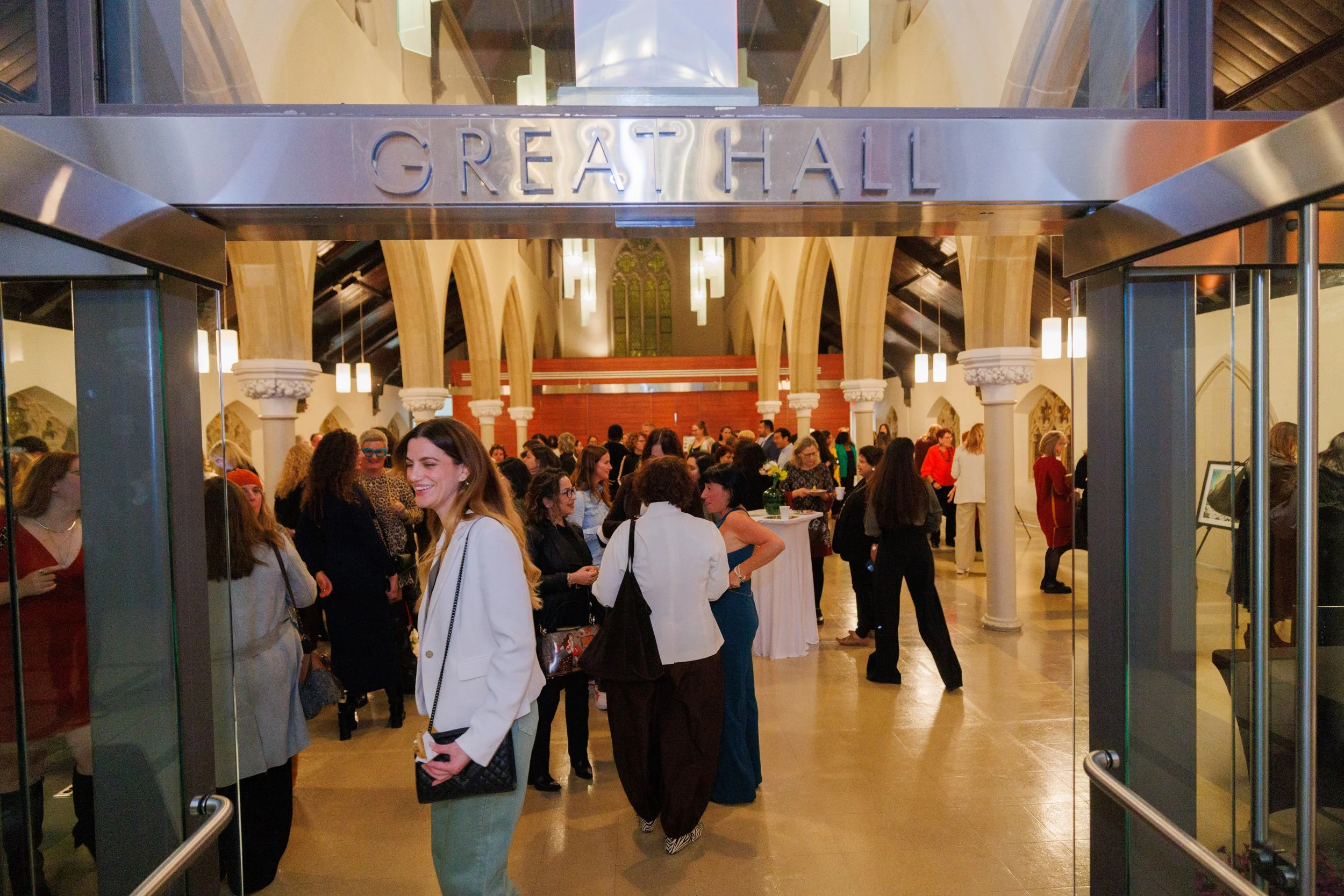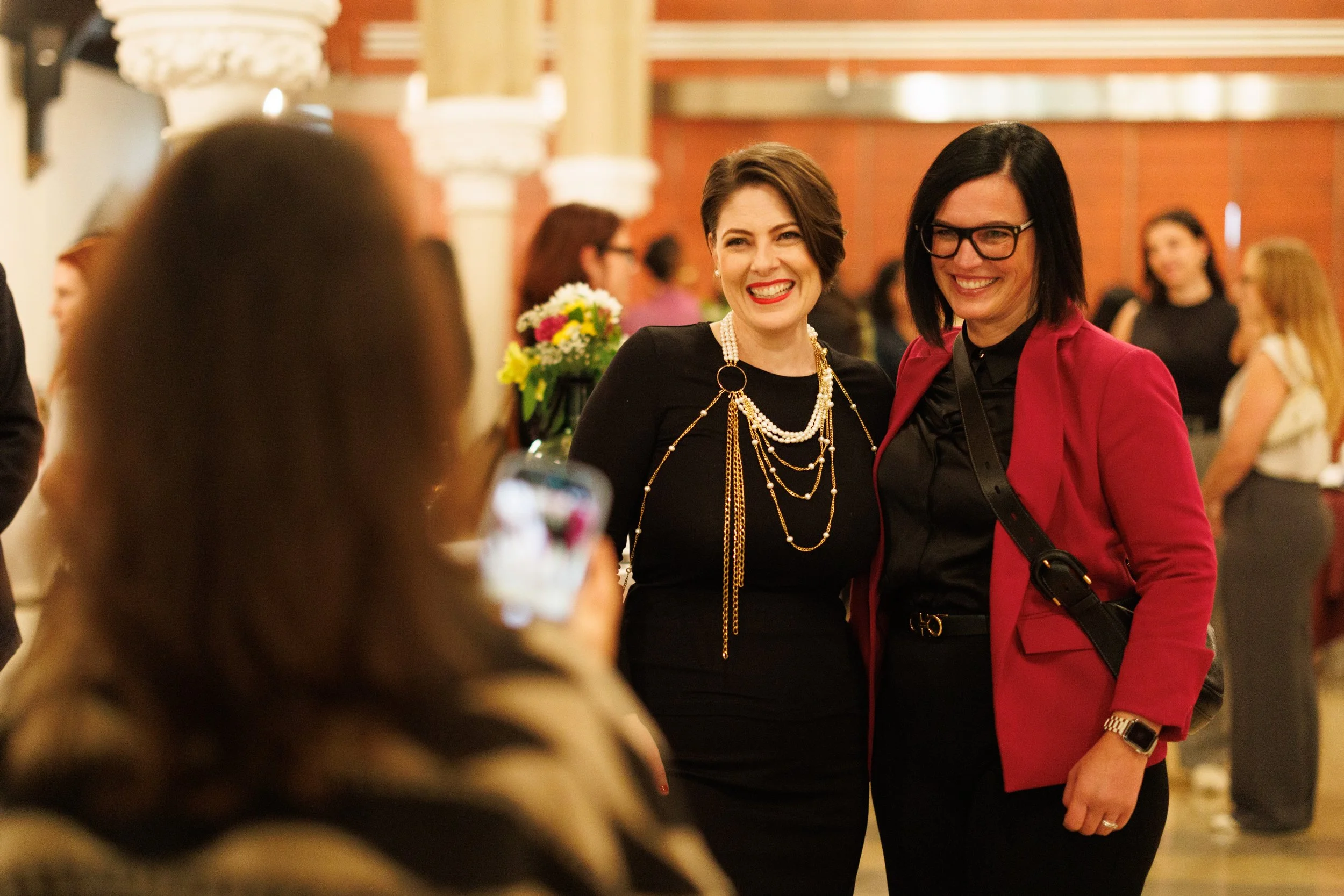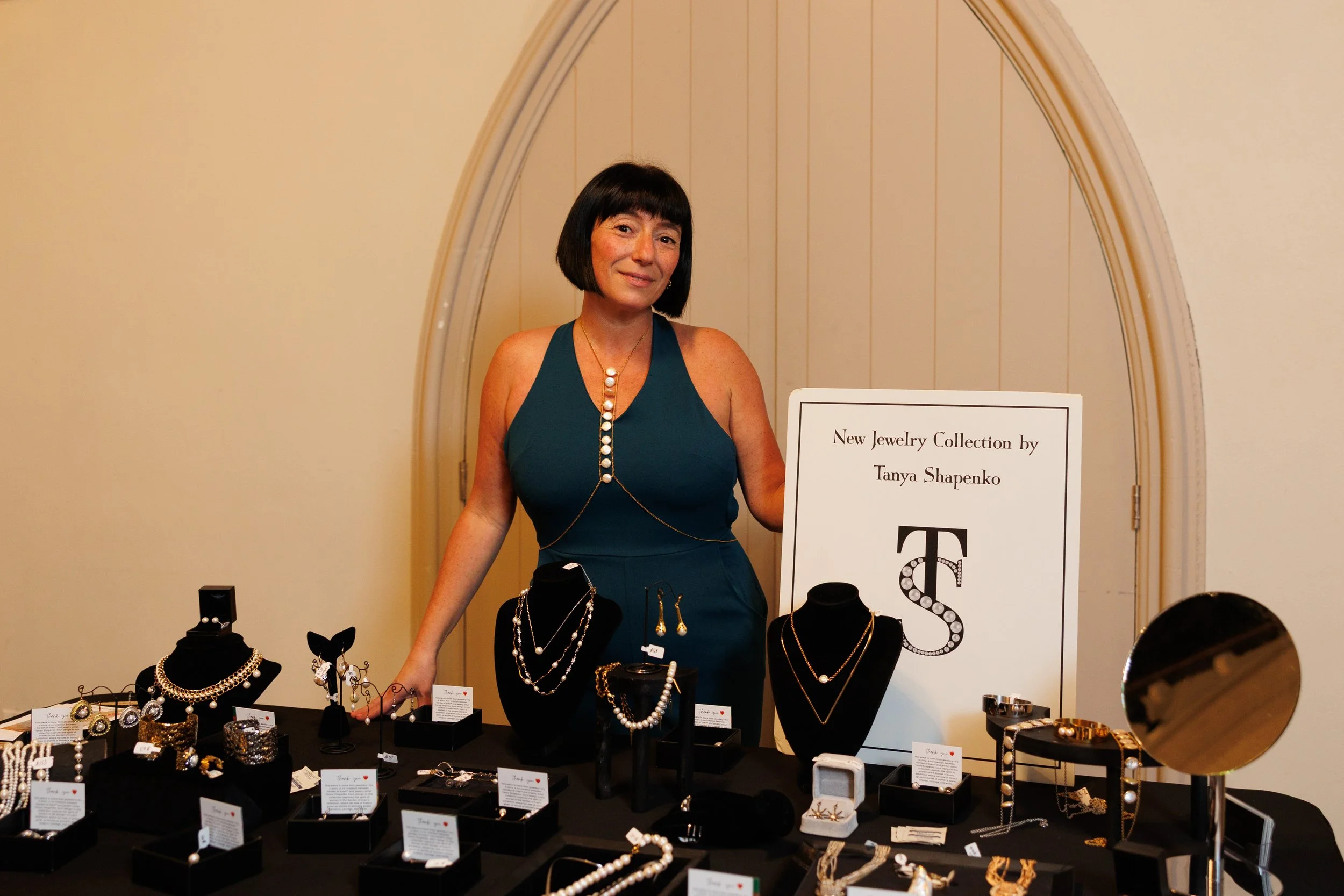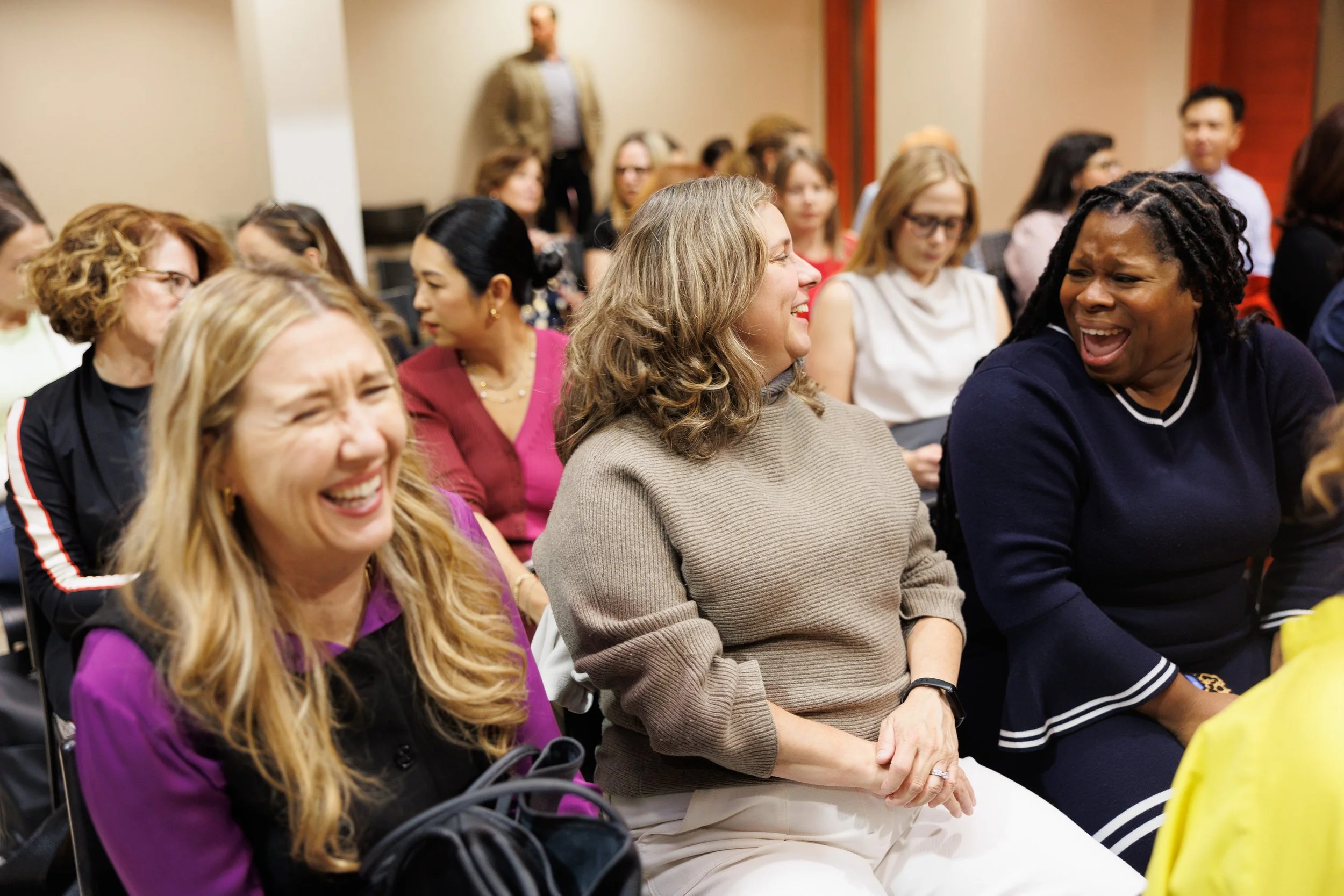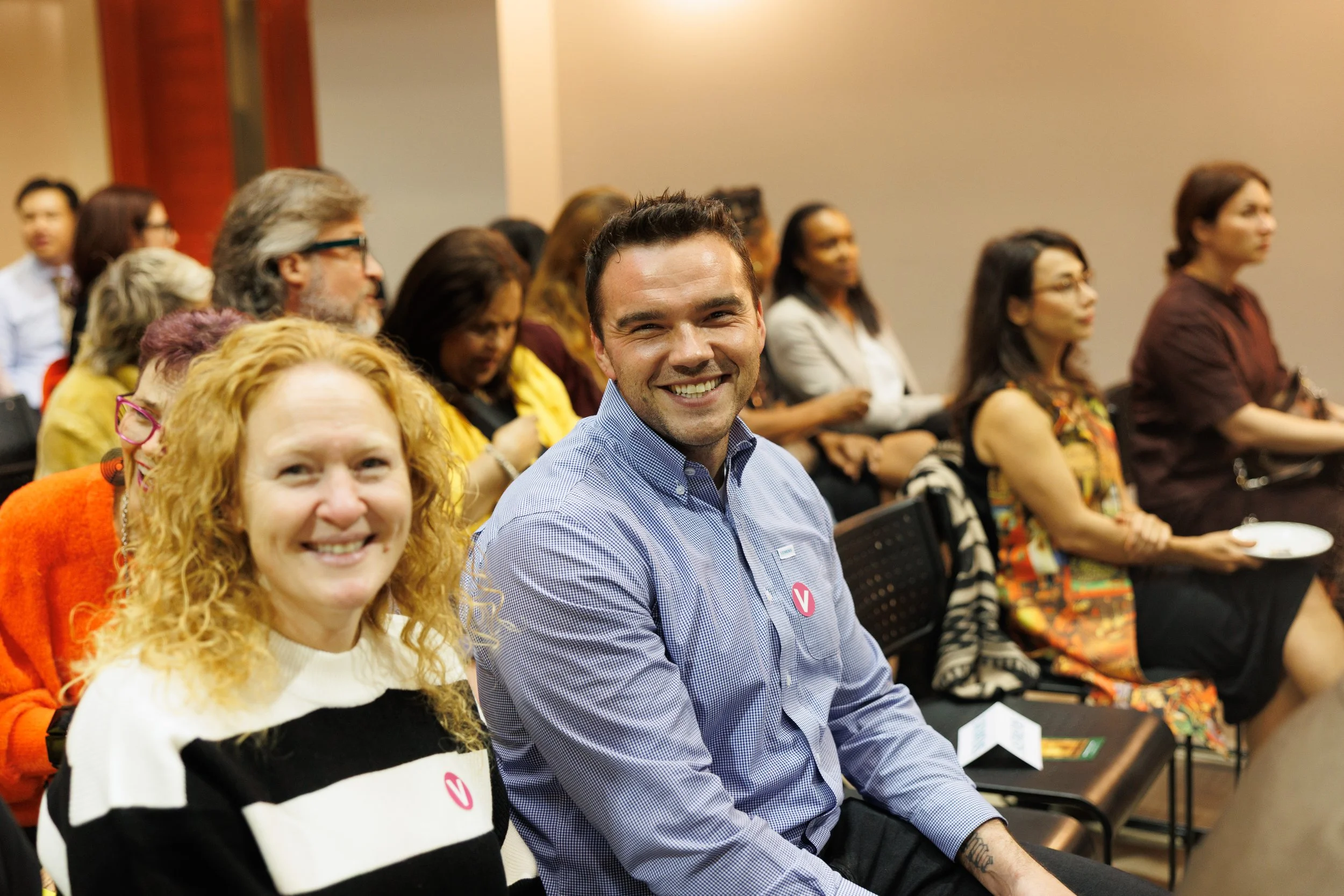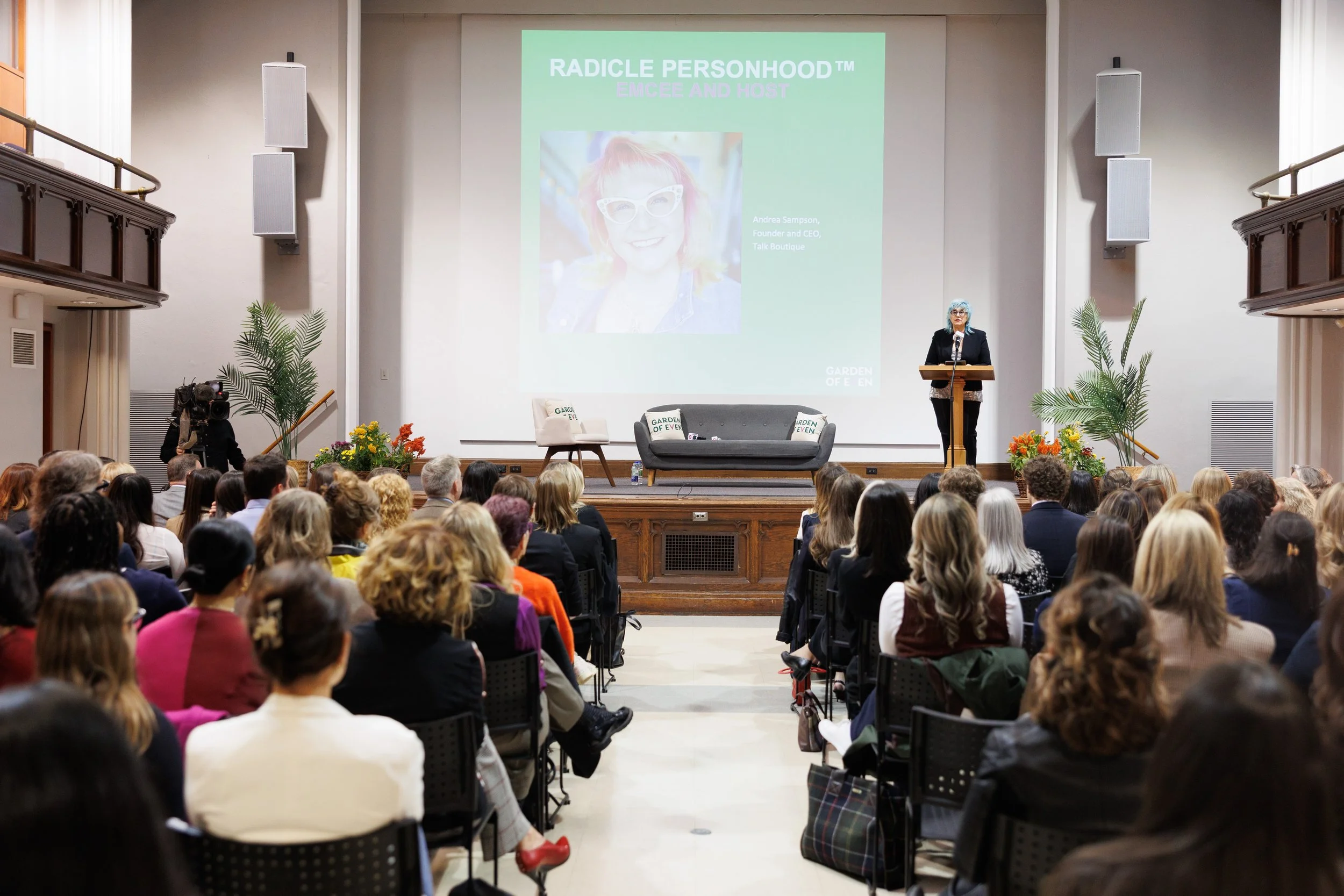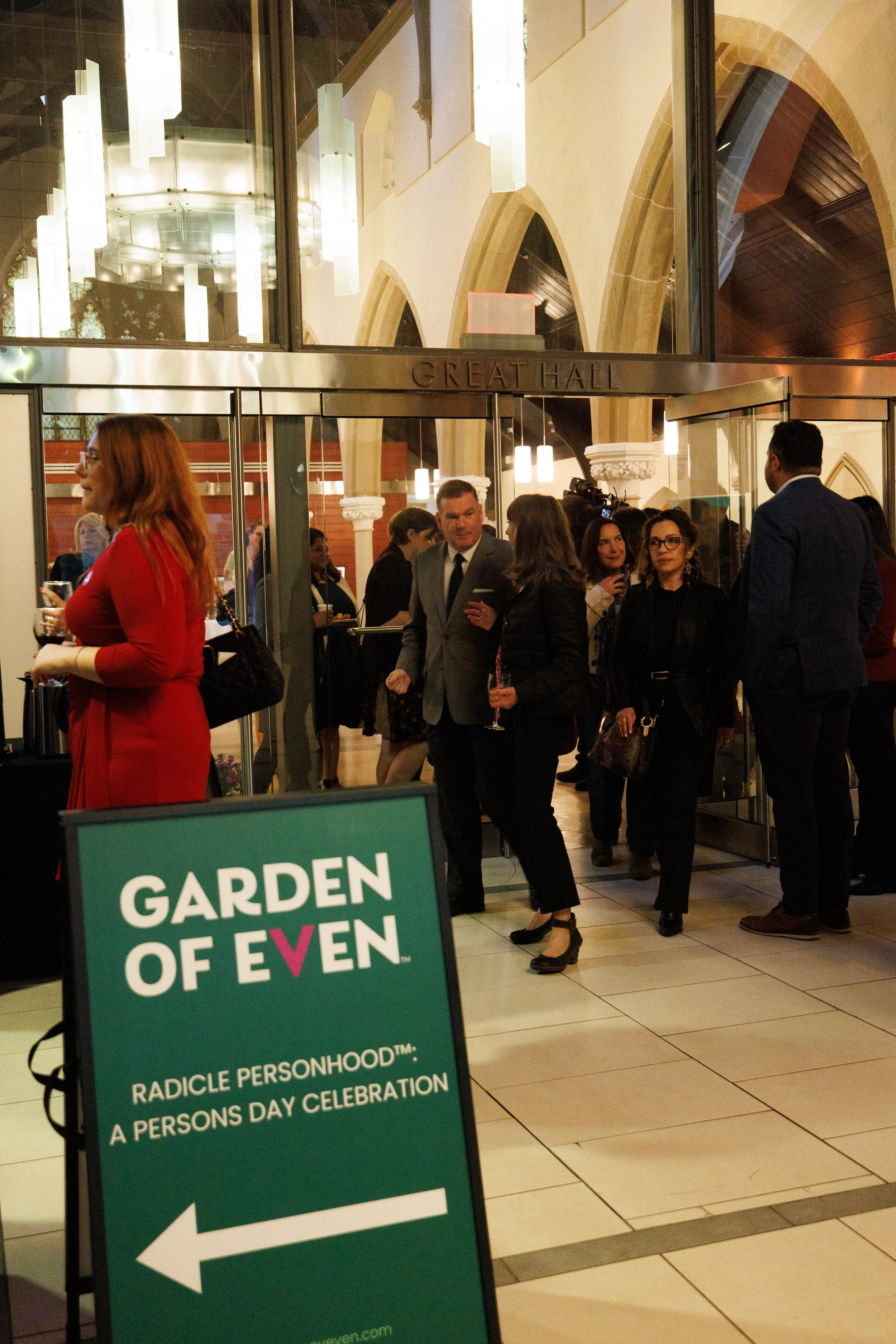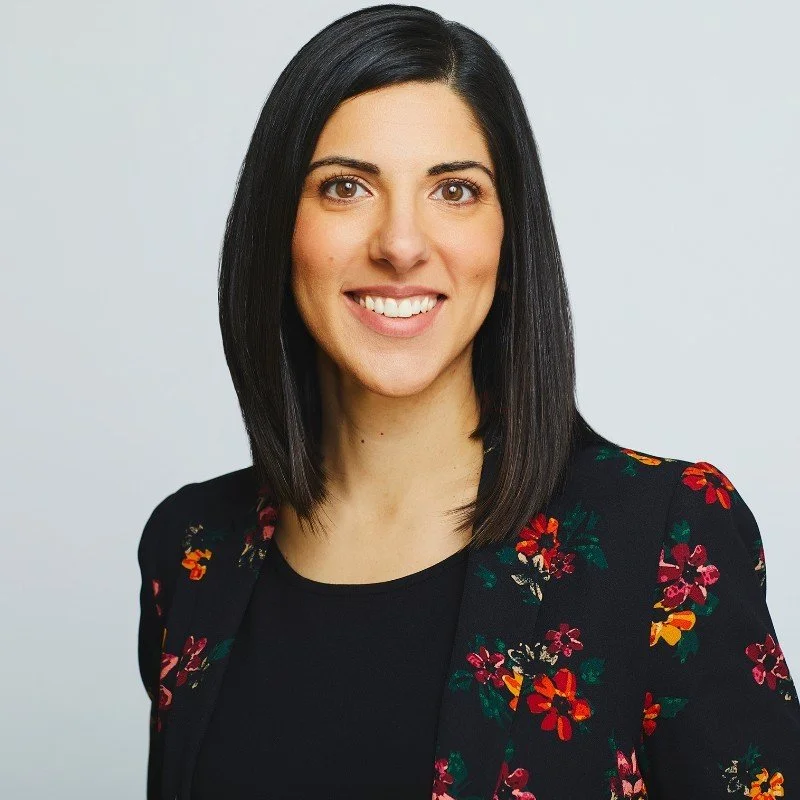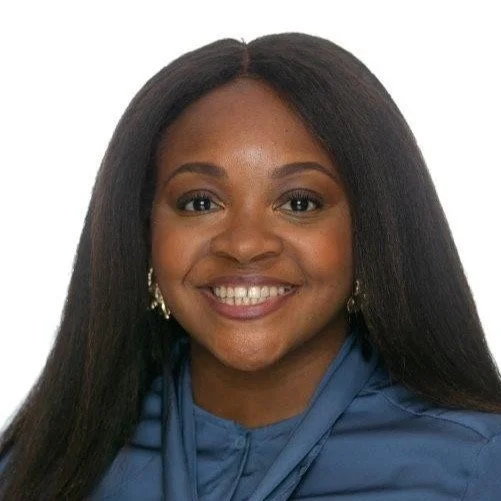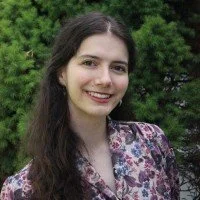Radicle Personhood™
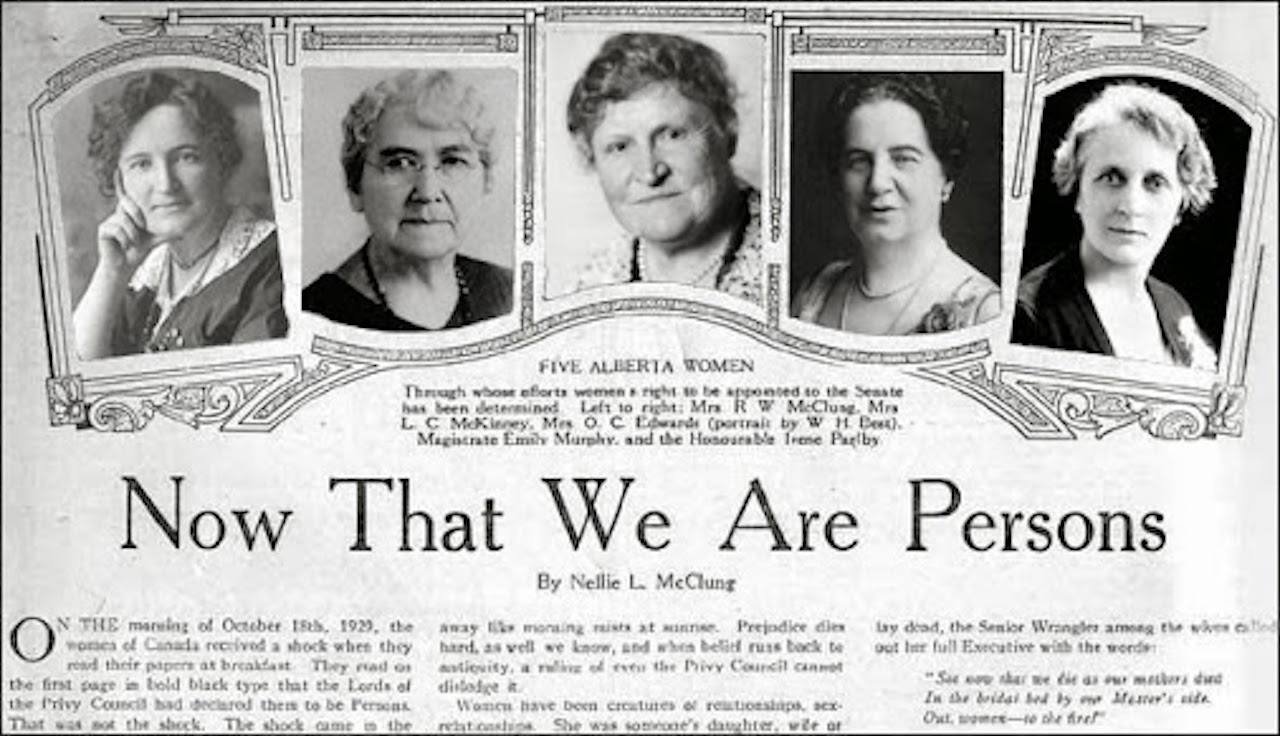
Save The date:
October 15th, 2026
3rd Annual
Radicle Personhood™: A Persons Day celebration
Come celebrate with us the 1929 the historic decision to include women in the legal definition of “persons.” This important event established the concept of universal “personhood” and meant that women could no longer be denied rights based on a narrow interpretation of the law. It was the foundation for belonging for all persons on the margins of society.
We can thank Nellie McClung, Louise McKinney, Henrietta Edwards, Emily Murphy and Irene Parlby, the mothers of gender quality in Canada, who fought for woman’s suffrage, and a universal definition of personhood that included all Canadians.
Since 1929 women have made transformative gains for themselves in government, the economy, labour market and broader society and the communities they are part of. Join us in celebration of Persons Day and what it means to step into our Radicle Personhood!
Presented by
with
2026 Program details coming soon!
Radicle Personhood 2025:
What they said
Radicle Personhood
2025 Highlights

